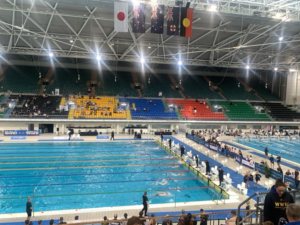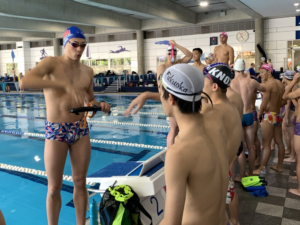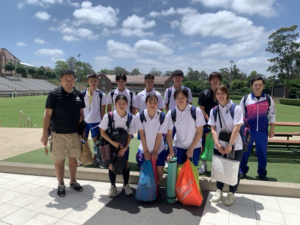Last month, we held our annual Australian Multicultural Study Tour in Melbourne. It was the first time we held this study tour in person in three years since the outbreak of COVID-19 and we were delighted to welcome 13 delegates from all over Japan for the study tour. Together with the participants, we visited nine organisations that have strategies, initiatives and services that contribute to the Australian multicultural society.
At each organisation, the participants received a briefing on each organisation’s strategies and services, and had opportunities to discuss with staff working on the ground. The discussions were all so dynamic that many of the discussion sessions exceeded the scheduled time. We anticipate that the participants will apply their learnings from the study tour in their current and future roles.
We would like to take this opportunity and thank all the organisations and individuals who kindly assisted with our study tour.
Last year’s Australian Multicultural Study Tour was held online due to COVID-19, and I think online events are prevalent since the beginning of the COVID-19 pandemic. Throughout this year’s study tour, I was able to see that both online and in-person events have their advantages for Japanese local governments’ activities in Australia and New Zealand.
During last year’s online study tour, due to the elimination of travel costs and time, more employees from Japanese local governments and other organisations could take part to learn about the progressive policies and initiatives in Australia. I think that the participation of people from a variety of backgrounds, positions and departments can lead to more diverse opinions and questions. As the event organiser, the online study tour allowed us flexibility with the date and time of the sessions as we are not restricted to the in-person availability of participants and could coordinate session dates and times with the hosting organisations across a broader period.
On the other hand, in this year’s in-person study tour, I think the participants deepened their understandings and awareness of issues they are interested in because they had more opportunities to ask questions due to the smaller size of the group, individually ask questions after the sessions and during the site visits and take part in group discussions with other participants at the end of the tour. Since the participants worked together during the week-long tour, connections were built among them and they voluntarily shared information and exchanged ideas throughout the week. I believe these connections will be useful in their activities back in Japan.
When we organise events in the future, it is important for us to consider the delivery method of the events, taking into account the advantages of running the events online and in person depending on the purpose and aims of the events.

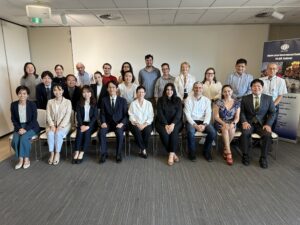
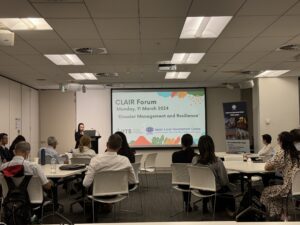
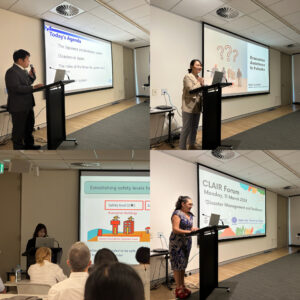
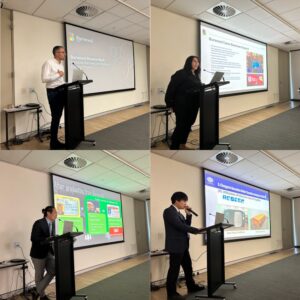
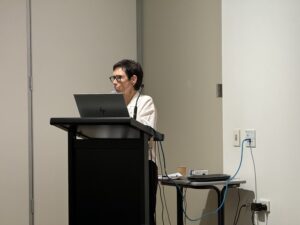
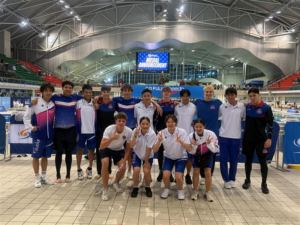 From the 3rd to the 13th of December, eight selected swimmers from the Fukuoka Swimming Association visited NSW, where they participated in joint training sessions with a local school and competed in the 2024-25 Speedo NSW Senior State Age Championships.
From the 3rd to the 13th of December, eight selected swimmers from the Fukuoka Swimming Association visited NSW, where they participated in joint training sessions with a local school and competed in the 2024-25 Speedo NSW Senior State Age Championships.